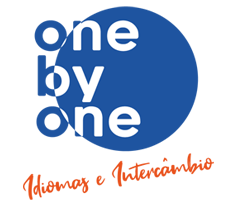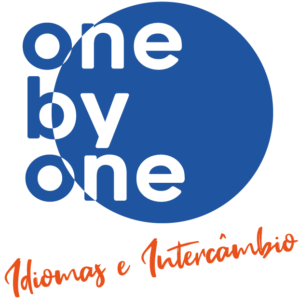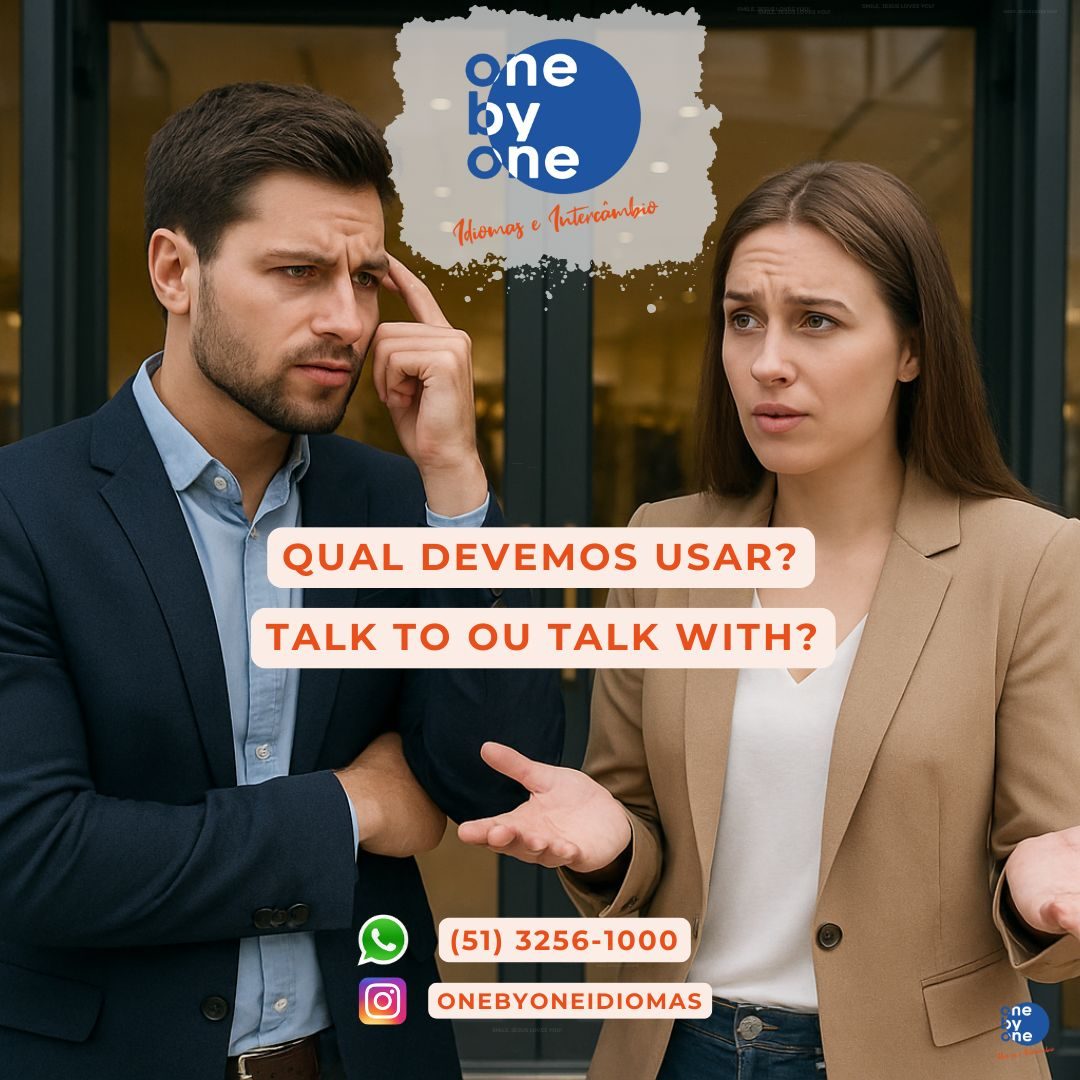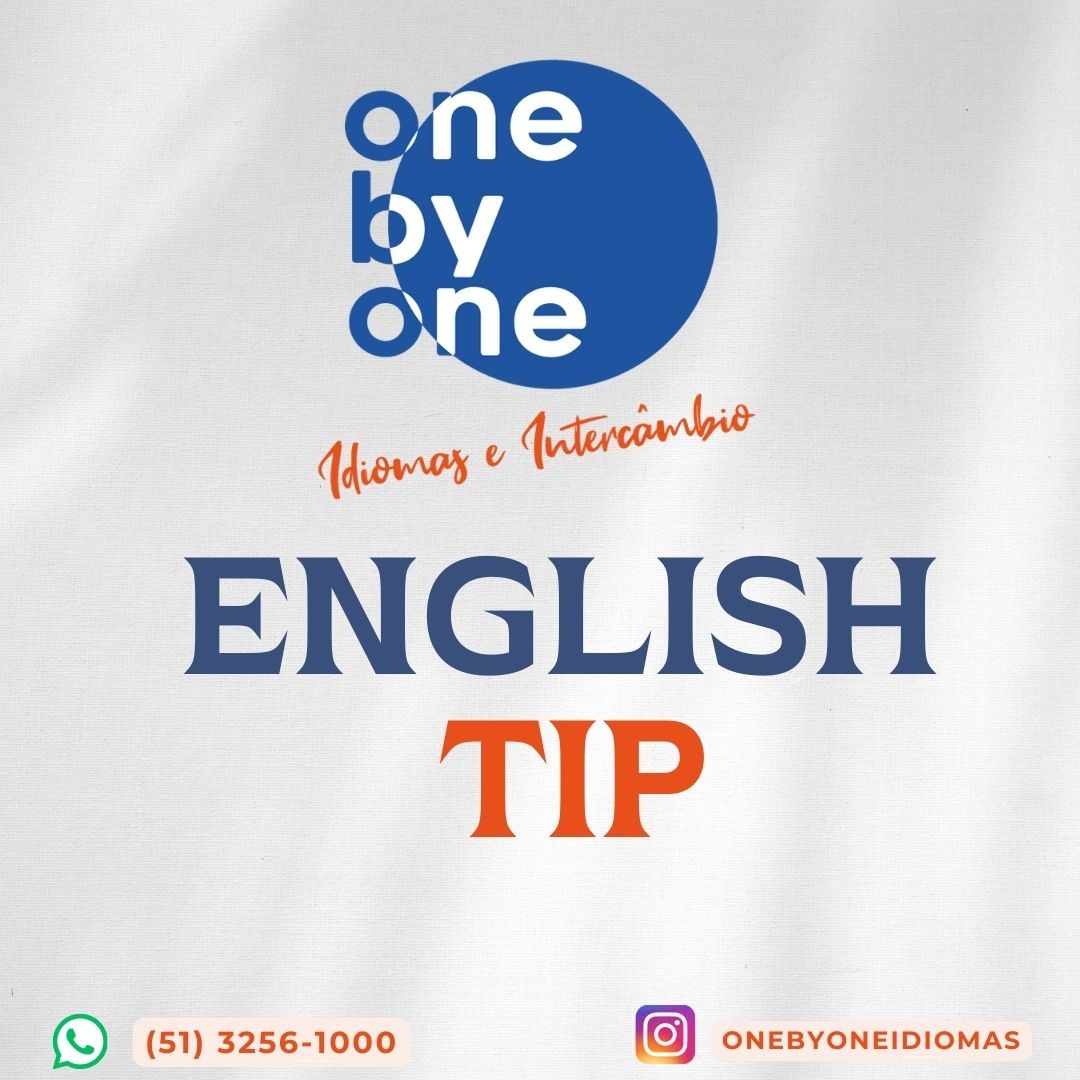Thing or Stuff?

Hello, dear students!
Have you ever wondered if you should say “thing” or “stuff”?
“Stuff” is a colloquial word that refers to a group or collection of unidentified stuff or objects. When you wish to make a general reference to several topics without mentioning each one specifically, you frequently use it. You could say:
- I need to organize all the stuff on my desk. (Meaning different things like papers, pens, and other things).
- “Ronaldo said that he has a lot of stuff to do.” (Making general reference to a number of things without naming any of them by name).
“Thing“: The more precise term “thing” designates a single object or item. It is frequently used when you wish to bring up or talk about a specific subject.
- “I found this thing on the ground.” (In reference to a certain thing that caught your eye)
- Fernanda, please give me access to this new thing in the accounting program, I need to check if it is correct (It involves a certain thing that you can see).
When we use ‘thing’, we are referring to a countable noun, which means we can say ‘things’ in the plural.
For example, we might say ‘I have many things’ or ‘Look at all the things on the table’.
On the other hand, ‘stuff’ is an uncountable noun, which means that there is no plural form for it.
Therefore, we can say ‘I have a lot of stuff’, but we cannot say ‘I have many stuffs’.
In conclusion, “stuff” refers to a collection or group of undefined elements, whereas “thing” refers to a particular object or item.
Other sentences with “thing”:
The phrase “the real thing” is used to refer to something that is genuine or of the greatest quality.
- Nothing compares to Andreia’s homemade chocolate pie, which is the real thing.
In this sentence “the next best thing” is used to indicate a choice that is not perfect or preferable.
- For instance: “Watching the live stream is the next best thing since I couldn’t get tickets to the match, this way I can watch my favorite soccer team.”
The expression “a thing of the past” is used to describe anything that has passed away or is no longer significant in the present.
- “Sending letters by mail is now considered a thing of the past due to email and instant messengers such as Whatsapp and Telegram”.
The transitional term “the thing is” is frequently used to describe or emphasize a specific point or viewpoint.
- “The thing is, I’ve already made plans for this weekend, so I won’t be able to help you with your move Tiago.
Olá, queridos alunos!
Já alguma vez se perguntaram se devem dizer “thing” ou “stuff”?
“Stuff” é uma palavra coloquial que se refere a um grupo ou coleção de coisas ou objetos não identificados. Quando se pretende fazer uma referência geral a vários tópicos sem mencionar cada um deles especificamente, usa-se frequentemente esta palavra. Pode dizer-se:
- Preciso organizar todas as coisas que estão na minha mesa. (Referindo-se a coisas diferentes como papéis, canetas e outras coisas).
- “O Ronaldo disse que tem muitas coisas para fazer”. (Fazendo referência geral a uma série de coisas sem nomear nenhuma delas).
“Coisa”: O termo mais preciso “coisa” designa um único objeto ou item. É frequentemente utilizado quando se pretende referir ou falar de um assunto específico.
- “Encontrei esta coisa no chão”. (Referindo-se a uma determinada coisa que lhe chamou a atenção)
- Fernanda, por favor, me dê acesso a esta coisa nova no programa de contabilidade, preciso verificar se está correta (trata-se de uma determinada coisa que se pode ver).
Quando usamos ‘thing’, estamos nos referindo a um substantivo contável, o que significa que podemos dizer ‘things’ no plural.
Por exemplo, podemos dizer ‘I have many things’ ou ‘Look at all the things on the table.
Por outro lado, ‘stuff’ é um substantivo incontável, o que significa que não há uma forma no plural para ele.
Portanto, podemos dizer ‘I have a lot of stuff’, mas não podemos dizer ‘I have many stuffs’.
Em conclusão, “stuff” refere-se a um conjunto ou grupo de elementos indefinidos, enquanto “thing” se refere a um objeto ou item específico.
Outras frases com “thing”:
A expressão “the real thing” é usada para se referir a algo que é genuíno ou da melhor qualidade. Por exemplo:
- Nada se compara à tarte de chocolate caseira da Andreia, que é a melhor de todas. (Não necessariamente precisamos traduzir um termo literalmente, às vezes precisamos adaptar).
Nesta frase, “the next best thing” é utilizado para indicar uma escolha que não é perfeita ou preferível.
- “Assistir à transmissão por streaming é a melhor opção, uma vez que não consegui ingressos para o jogo, desta forma posso ver o meu time de futebol favorito.”
A expressão “a thing of the past” (uma coisa do passado) é utilizada para descrever qualquer coisa que já passou ou que já não é significativa no presente.
- “Enviar cartas por correio é agora considerado uma coisa do passado devido e-mail e aos mensageiros instantâneos como o Whatsapp e o Telegram”.
O termo transitivo “a coisa é” é frequentemente usado para descrever ou enfatizar um ponto de vista específico.
- “A questão é que já fiz planos para este fim de semana, por isso não vou poder ajudar com a sua mudança, Tiago.
Gostou desse post?
Siga também nossas redes sociais:
Instagram: One by One Idiomas (@onebyoneidiomas)
